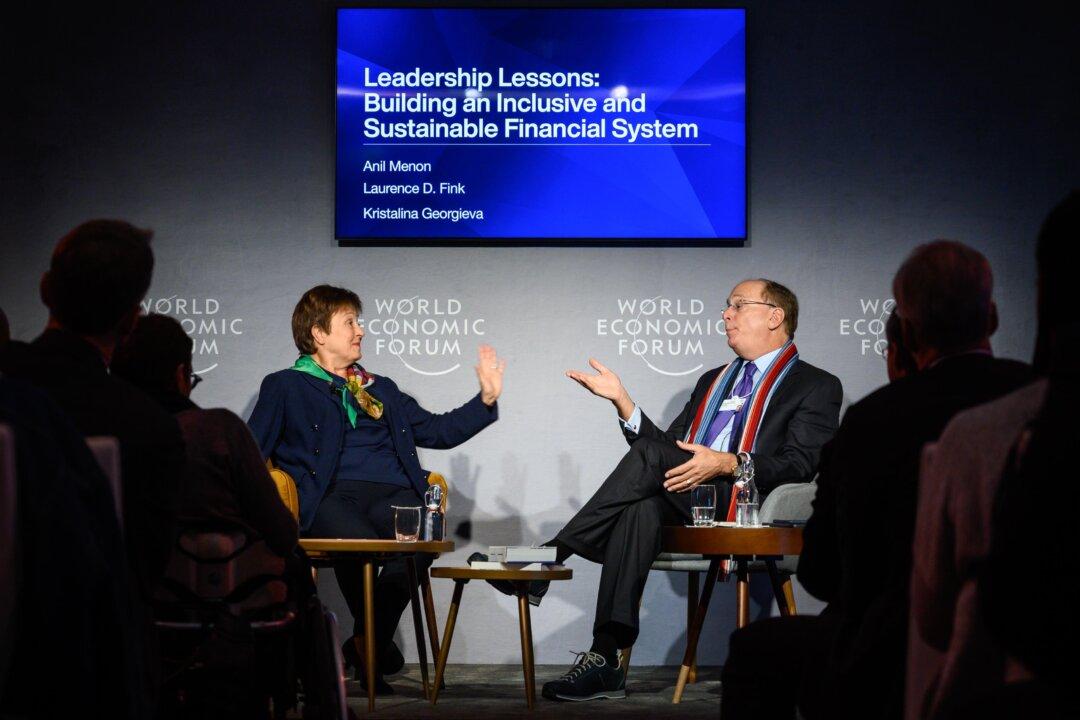News Analysis
Businesses seeking financing may soon face a flurry of requirements that will, in effect, determine whether they are “woke” enough to be approved by financial institutions for loans or investment.


Businesses seeking financing may soon face a flurry of requirements that will, in effect, determine whether they are “woke” enough to be approved by financial institutions for loans or investment.